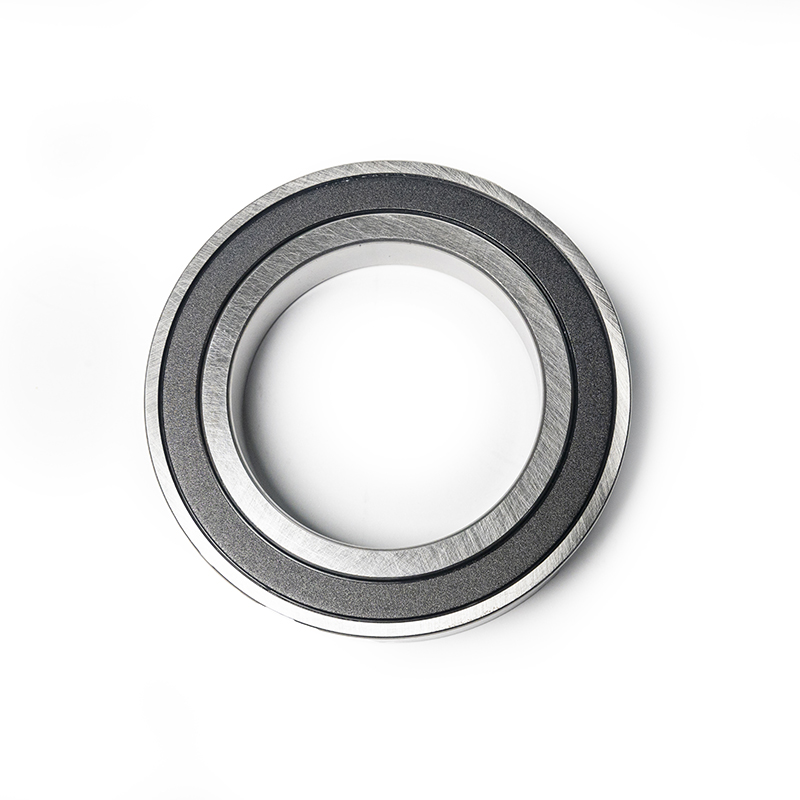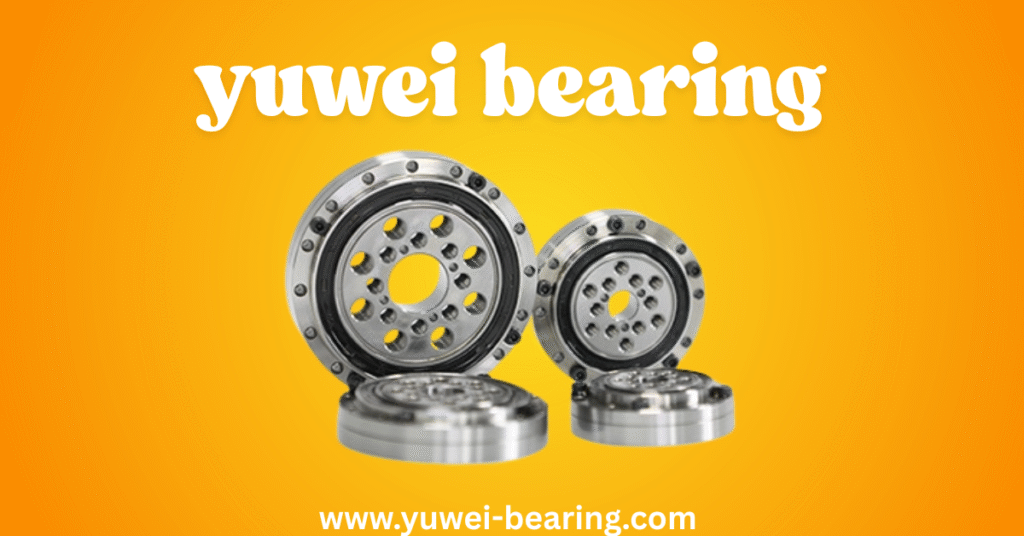Choosing the right precision bearing manufacturer is not just a technical decision—it’s a strategic one. Precision bearing manufacturer are critical components in everything from aerospace systems to industrial automation, and even minor flaws in their design or build can lead to serious performance issues, costly downtime, or product recalls. That’s why selecting a manufacturer isn’t about finding the cheapest option—it’s about partnering with a supplier who understands your application, delivers consistent quality, and supports your goals over the long term.
With increasing demand for tighter tolerances, cleaner materials, and global compliance, it’s no longer enough for a manufacturer to simply “meet spec.” They need to prove their capability with real systems, documented processes, and long-term stability. Whether you’re building high-speed machinery, medical devices, or robotics, the stakes are high—and so is the value of a truly reliable supplier.
In this guide, we will explain the must-have qualities that define a trustworthy, long-term-focused precision bearing manufacturer—backed by technical standards, supply chain considerations, and practical evaluation tips.
Precision Bearing Manufacturer Must-Have Qualities for Long-Term Success
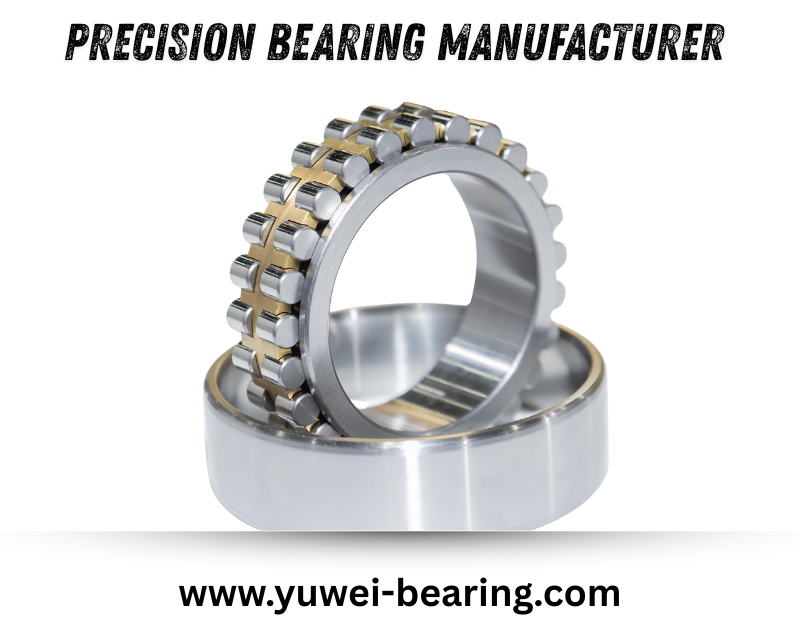
When selecting a precision bearing manufacturer, businesses must look beyond basic pricing and delivery timelines. Long-term success with high-performance components depends on choosing a manufacturer that can consistently deliver quality, support innovation, and maintain reliability. Below is a comprehensive guide outlining the key qualities to look for in a precision bearing manufacturer, organized for clarity and practical decision-making. Visit here!
Precision and Tolerance Control
One of the most critical qualities of a reliable precision bearing manufacturer is their ability to produce bearings with tight and consistent tolerances. In precision bearing manufacturer applications, even the smallest deviation can lead to system inefficiency or failure.
What to Look For:
- Capability to produce ISO 492 Class 2 or better.
- Micron-level accuracy in bore, outer diameter, width, and runout.
- In-process inspection for dimensional consistency.
- Advanced measurement tools like coordinate measuring machines (CMMs).
Manufacturers must have strict internal standards that exceed industry minimums to ensure bearing performance under load, temperature changes, and rotational speed.
Material Quality and Consistency
The material used directly affects bearing strength, wear resistance, and life expectancy. Quality material ensures consistent performance across every application.
What to Look For:
- High-grade bearing steels (e.g., AISI 52100, stainless steel, ceramic hybrids).
- Vacuum-degassed or electroslag remelted materials to reduce impurities.
- Full material traceability back to the steel or ceramic batch.
- Certificates of compliance with chemical and mechanical properties.
Long-term reliability depends on stable and repeatable material inputs. Inconsistent batches can result in early fatigue or fracture.
Engineering and Design Support
Manufacturers that provide engineering consultation can help customize bearings for specific applications, improving product performance and reducing lifecycle costs.
What to Look For:
- In-house design engineers with bearing-specific expertise.
- Support for CAD modeling and FEA simulation.
- Application-specific guidance (load, speed, temperature).
- Prototyping and design iteration services.
This is especially valuable when off-the-shelf bearings don’t fit a niche requirement, such as miniaturized or high-load environments.
Manufacturing Automation and Quality Systems
A modern manufacturer must blend automation with quality assurance to maintain consistency, reduce defects, and improve scalability.
What to Look For:
- Automated grinding, assembly, and inspection systems.
- Statistical process control (SPC) implemented on the production line.
- ISO 9001 certification or higher (e.g., IATF 16949 for automotive).
- Continuous process improvement programs (Kaizen, Six Sigma).
These systems ensure repeatability and reduce variation, which is critical for long-term supply relationships.
Certification and Regulatory Compliance
A precision bearing manufacturer should demonstrate adherence to industry and regulatory standards. This proves their commitment to quality and opens opportunities for global sourcing.
Key Certifications:
| Certification | Purpose |
|---|---|
| ISO 9001 | General quality management |
| AS9100 | Aerospace quality systems |
| ISO 13485 | Medical device compliance |
| IATF 16949 | Automotive manufacturing |
| RoHS / REACH | Environmental and material compliance |
Always verify certifications are current and audited by accredited bodies.
Transparency and Documentation
Transparency is essential when evaluating a bearing supplier. Complete documentation allows traceability and accountability, especially in regulated industries.
What to Look For:
- Material certificates and heat treatment records.
- First article inspection (FAI) reports.
- Dimensional inspection reports.
- Non-conformance handling and reporting procedures.
Detailed documentation supports audits, warranty claims, and quality reviews.
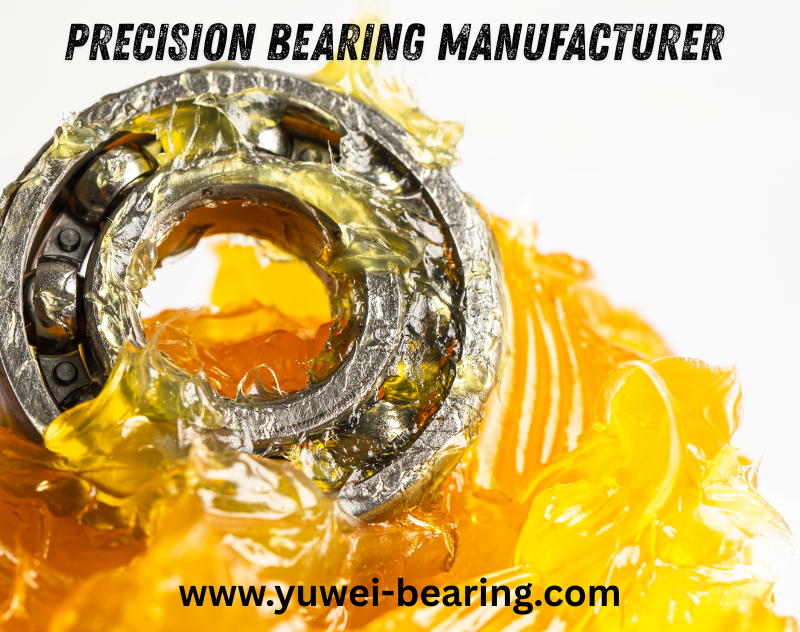
Supply Chain and Delivery Stability
Delays or inconsistencies in delivery can halt production lines and increase costs. Manufacturers must demonstrate the ability to maintain consistent lead times.
What to Look For:
- Multiple manufacturing sites or backup facilities.
- Strategic inventory management and buffer stock.
- Clear lead time estimates and communication.
- History of on-time delivery performance.
A stable supply chain helps companies manage risk and maintain customer satisfaction.
Application-Specific Experience
Every industry has unique demands. A precision bearing manufacturer with experience in your sector can better anticipate and meet your requirements.
What to Ask:
- What industries have you served?
- Can you provide examples of applications similar to ours?
- Do you understand the regulatory or technical requirements of our field?
This ensures you’re working with a partner who understands your challenges and goals.
Post-Sale Technical Support
Even high-quality bearings can experience issues in the field. Manufacturers should offer responsive and thorough post-sale support.
What to Look For:
- Access to technical support engineers.
- Root cause analysis and failure investigation.
- Field performance monitoring and analysis.
- Warranty claim processes and response times.
Effective support minimizes downtime and builds long-term confidence in the supplier relationship.
Ethical Sourcing and Sustainability
More OEMs are prioritizing ESG (Environmental, Social, Governance) standards. Suppliers must align with these values to remain competitive.
What to Look For:
- Responsible sourcing declarations (conflict minerals, cobalt).
- Energy-efficient manufacturing and waste reduction practices.
- Worker safety and labor rights policies.
- Sustainability reports or certifications (e.g., ISO 14001).
Aligning with sustainability objectives strengthens your own brand and avoids compliance issues.
Frequently Asked Questions (FAQ)
What is the most important quality to look for in a precision bearing manufacturer?
A: The most critical quality is tolerance control. Manufacturers must consistently produce bearings within micron-level tolerances to ensure performance, reliability, and longevity in high-speed or high-load applications. Without strict dimensional accuracy, even a high-grade material bearing may fail prematurely.
How do I verify the quality systems of a precision bearing manufacturer?
A: Start by asking for their ISO certifications (e.g., ISO 9001, AS9100). Also request sample inspection reports, SPC data, and details about their quality control processes, such as in-process inspection or automated measurement systems. A trustworthy manufacturer will readily share this documentation.
Can I request custom bearing designs from manufacturers?
A: Yes, top-tier manufacturers typically offer engineering support for custom designs. They will collaborate on CAD models, material selection, and performance testing to create bearings tailored to your application’s specific speed, load, and environmental conditions.
What’s the risk of working with a low-cost, uncertified bearing supplier?
A: Low-cost suppliers may cut corners on material quality, tolerance, and inspection protocols. This increases the risk of premature failures, warranty issues, and regulatory non-compliance—especially in critical industries like medical, aerospace, or automotive.
How can I ensure long-term supply stability from a precision bearing manufacturer?
A: Look for suppliers with multiple manufacturing locations, diverse raw material sourcing, and a proven record of on-time delivery. Ask how they managed disruptions during events like COVID-19 or shipping delays. Reliable manufacturers will have a business continuity plan in place.
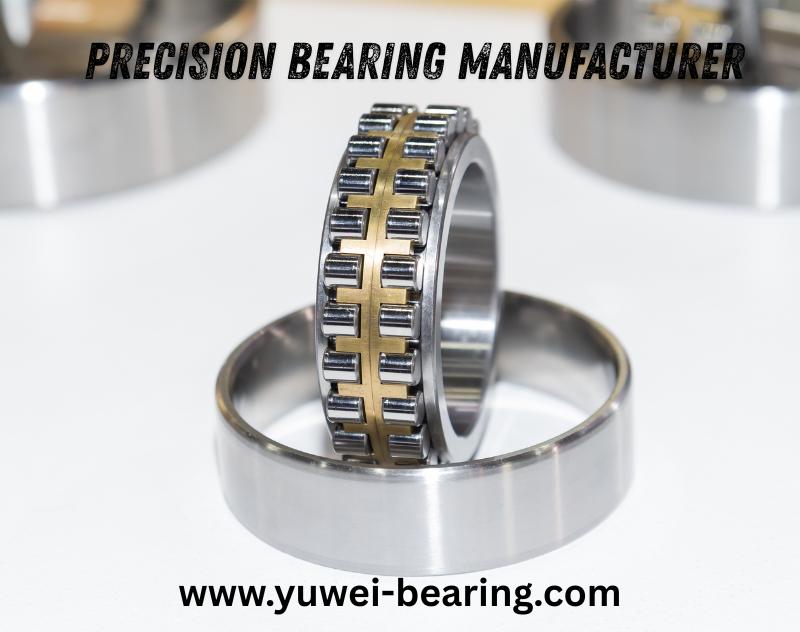
Conclusion
Choosing a precision bearing manufacturer is not a decision to take lightly. These components may be small, but their impact on your product’s performance, reliability, and lifecycle cost is massive. A dependable manufacturer does more than just ship bearings—they ensure consistency, provide engineering support, maintain quality standards, and stand by their product long after delivery. That level of partnership is what sets apart a short-term vendor from a long-term ally.
By focusing on core qualities—tight tolerance control, material traceability, robust certifications, responsive support, and stable supply chains—you reduce the risk of failure and build a foundation for scalable success. You also ensure that your business can adapt, compete, and grow in demanding markets without unexpected setbacks.
Ultimately, your choice of bearing supplier reflects your commitment to quality and performance. Cutting corners now can lead to bigger costs later. So take the time to vet your options, ask the right questions, and choose a manufacturer who sees your success as part of their own.
